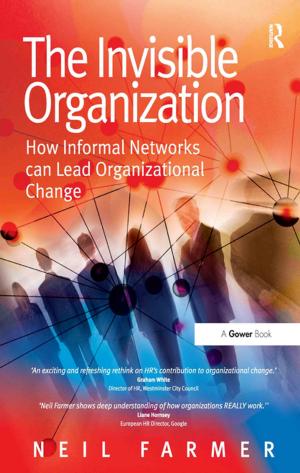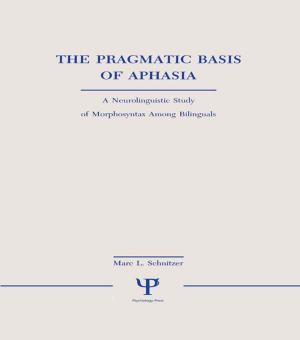Love, Hate and Knowledge
The Kleinian Method and the Future of Psychoanalysis
Nonfiction, Health & Well Being, Psychology, Mental Health| Author: | Robert Waska | ISBN: | 9780429915949 |
| Publisher: | Taylor and Francis | Publication: | April 17, 2018 |
| Imprint: | Routledge | Language: | English |
| Author: | Robert Waska |
| ISBN: | 9780429915949 |
| Publisher: | Taylor and Francis |
| Publication: | April 17, 2018 |
| Imprint: | Routledge |
| Language: | English |
This book introduces the clinical concept of analytic contact. This is a term that describes the therapeutic method of investigation that makes up psychoanalytic treatment. The field has been in debate for decades regarding what constitutes psychoanalysis. This usually centers on theoretical ideals regarding analyzability, goals, or procedure and external criteria such as frequency or use of couch. Instead, the concept of analytic contact looks at what takes place with a patient in the clinical situation. Each chapter in this book follows a wide spectrum of cases and clinical situations where hard to reach patients are provided the best opportunity for health and healing through the establishment of analytic contact. This case material closely tracks each patient's phantasies, and transference mechanisms which work to either increase, oppose, embrace, or neutralize, analytic contact. In addition, the fundamental internal conflicts all patients struggle with between love, hate, and knowledge are represented by extensive case reports.
This book introduces the clinical concept of analytic contact. This is a term that describes the therapeutic method of investigation that makes up psychoanalytic treatment. The field has been in debate for decades regarding what constitutes psychoanalysis. This usually centers on theoretical ideals regarding analyzability, goals, or procedure and external criteria such as frequency or use of couch. Instead, the concept of analytic contact looks at what takes place with a patient in the clinical situation. Each chapter in this book follows a wide spectrum of cases and clinical situations where hard to reach patients are provided the best opportunity for health and healing through the establishment of analytic contact. This case material closely tracks each patient's phantasies, and transference mechanisms which work to either increase, oppose, embrace, or neutralize, analytic contact. In addition, the fundamental internal conflicts all patients struggle with between love, hate, and knowledge are represented by extensive case reports.















